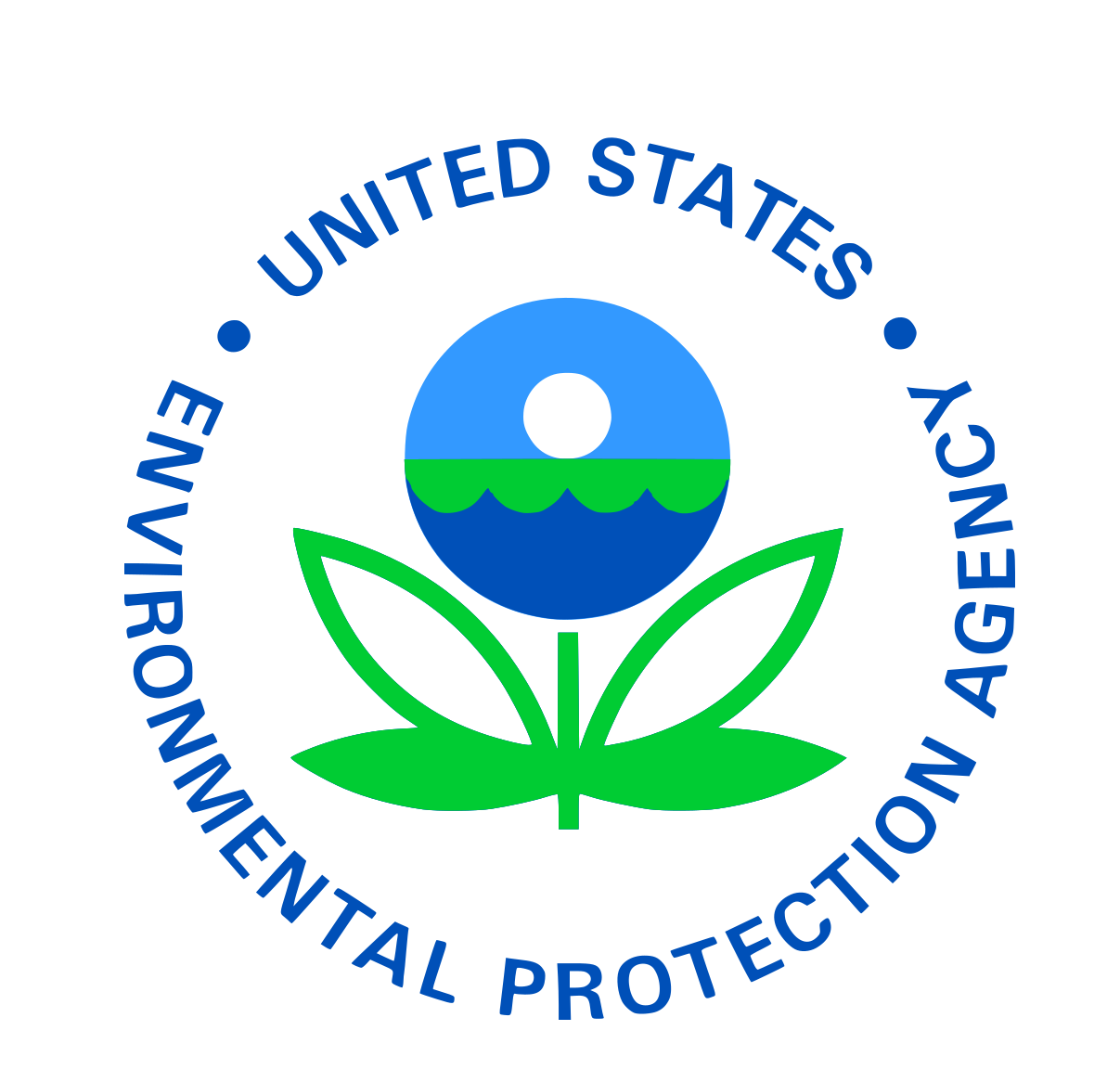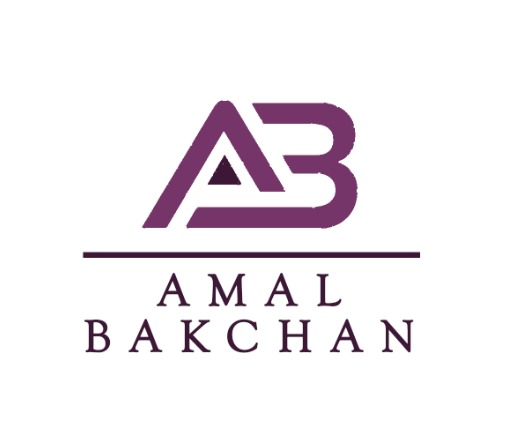Research Projects
Dr. Bakchan is a pioneer in the development and implementation of responsible management entities of decentralized water and wastewater infrastructure.
Bakchan lab focuses on enhancing the resilience and sustainability of water and wastewater infrastructure systems through an integrated socio-technical approach. It addresses the challenges of managing infrastructure in extreme environments—such as disasters, development crises, and extreme geological conditions—while emphasizing infrastructure systems tailored to the needs of communities. A key area of investigation involves developing responsible management entities that ensure effective governance and reliable decentralized wastewater service delivery.
Recognizing the critical role of human capital and its interaction with the physical infrastructure, our lab is dedicated to building a skilled workforce through strategic training and certification, apprenticeship and entrepreneurship programs, and innovative retention strategies. By bridging knowledge gaps among a diverse spectrum of stakeholders—including regulators, management entities, utility operators, engineers, academics, and community residents—the lab fosters collaborative governance models crucial for decentralized infrastructure systems. Additionally, the research extends to construction management, optimizing infrastructure life cycles through circular economy practices and innovative waste management solutions. By seamlessly integrating these focus areas, the lab provides a holistic framework for infrastructure systems that are resilient, sustainable, and community-centered.
Resilience
Addressing infrastructure challenges in extreme environments.
Sustainability
Ensuring long-term infrastructure viability through innovative responsible management frameworks, workforce development strategies, and governance structures.
Scalability
Developing adaptable systems that grow with community needs.
Community-driven
Engaging communities in governance and decision-making.
Research Projects
EPA Community Change Grant
Title: Innovative, Climate-resilient, and Cost-effective Decentralized Wastewater Treatment Systems and Management in Rural Unincorporated Communities in the Alabama Black Belt
About the Project: The project will implement innovative decentralized wastewater treatment and management strategies, while enhancing workforce development programs to ensure sustainable operation and robust community engagement.
Collaborators:
Lead-PI: Amal Bakchan (Texas A&M University)
Co-PIs: Dr. Mark E. Elliott (Univ of Alabama), Dr. Kevin D. White (Univ of South Alabama), Dr. Mark O. Barnett (Auburn Univ), Dr. Jason Ren (Princeton University), Dr. Muara Allaire (Arizona State Univ), Dr. Amy Chatham (Univ of Alabama – Birmingham), Sherry Bradley (Director, Black Belt Unincorporated Wastewater Program), Barry May (Executive Director, Alabama Community College System).
USDA – Rural Development Grant
Title: Technical Assistance, Education, and Training for Sustainable Wastewater Management in the Rural Black Belt of Alabama
About the Project: The project will develop infrastructure needs assessments for Alabama Black Belt counties; region-wide management strategies to lower operations and maintenance (O&M) costs for ensuring long-term system sustainability; and viable funding mechanisms.
Collaborators:
Lead-PI: Dr. Mark E. Elliott (University of Alabama)
Co-PIs: Dr. Amal Bakchan (Texas A&M University), Dr. Kevin D. White (Univ of South Alabama), Dr. Mark O. Barnett (Auburn Univ), Black Belt Community Foundation.
Funding Agencies

US-EPA

USDA

Columbia World Projects
collaborators and Partners

